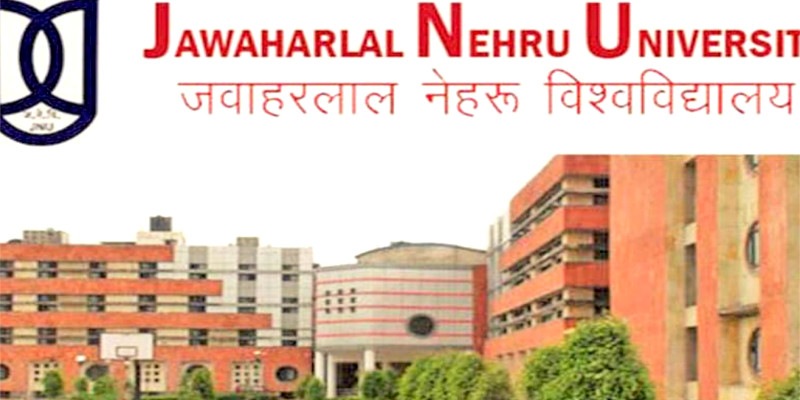This is to bring to kind attention of all the stakeholders that the 1000 per cent fee hike for Tibetan students at Jawaharlal Nehru University (JNU) is posing grave challenges to Tibetan students to complete studies and get admission. The fee is raised from 200 US Dollars per year previously, to 2400 US Dollars (for Humanities), and 3400 US Dollars (for Sciences) students, equivalent respectively to 1,82,400 INR and 2,58,400 INR per year excluding food and lodging.
42 Tibetans cleared the entrance exam for 2019-2020, out of which 32 Tibetan students could not take admission. Out of the ten students who took admission with the anticipation of the issue getting resolved but to no avail, as such, three Tibetan students, unfortunately, had to drop out the following semester.
Tibetan students of JNU approached various concerned authorities including JNU Administration, Ministry of Human Resource Development (MHRD), Bureau of His Holiness the Dalai Lama’s Office, New Delhi, Central Tibetan Administration (CTA) and some influential Tibetans to raise the matter. The issue was also tabled in the Tibetan parliamentary session (Monsoon Session-September 2019) by some Members of Tibetan Parliament (albeit two were ill-informed). However, the matter literally disappeared into the oblivion since then while the remaining seven Tibetan students are in a dilemma of whether to continue with this extreme fee hike or not.
The issue of fee hike is not new as similar fee raise had affected Tibetan students at Banaras Hindu University (BHU) in the past, fortunately, it was resolved with the help of CTA. Tibetan students in Delhi University (DU) although are enrolled through Foreign Students Category but fees are waived to that of general Indian students but other Educational institutions like Jamia Millia Islamia and JNU continues to charge Tibetan students with fees applicable to other Foreign students like those from the US, Europe, Australia, Korea, Japan, China, Thailand, Vietnam etc. This is not in correspondence to article 6 (clause B & C) of the Tibetan Rehabilitation Policy 2014, passed by the Union government of India for Tibetan refugees.
The fee hike has negatively impacted the strength of Tibetan students in JNU. In the last four years, no new M.Phil./PhD Tibetan students are admitted as opposed to the preceding years. The number of Tibetan students studying in various programmes from B.A to PhD in JNU has declined from 60 plus to only 13 students at present. This drastic drop of Tibetan students pursuing high studies especially in esteemed Central Universities in India can have direct consequences on the Tibetan Movement and in the production of discourses pertinent to Tibet by Tibetan subjects in the long run. However, marginal the production of discourses on Tibet by Tibetan students in exile, to the ratio of Chinese production of “illegitimate” discourses on Tibet, Tibetan students still attempt to create a space for Tibetan academia to produce alternative discourses at various national and international platforms.
This matter should be perceived from a wider perspective, and with precaution by concerned Tibetan authorities as other public institutions in India may follow the JNU fee hike as the precedence for Tibetan students in the future. A Uniform and Comprehensive Educational Policy including but not limited to, Admission/Fee Guideline for Tibetan students in Indian higher educational institutions, needs to be developed, preferably following the directive of Delhi University’s fee structure for Tibetan students.
Due to the unprecedented difficulties caused by the Coronavirus Pandemic, we do understand that all the aforementioned concerned authorities have more pressing and imminent issues to deal with, but we do would like to stress that this issue is no less imminent as it concerns the life of many Tibetan students and families directly.
A formulation of a Comprehensive College/University Admission directive for Tibetan students’ need to be attended to, by CTA in consultation with the Union Government of India. And most importantly, education, in general, should be a prime agenda in the electoral manifesto; and a matter of serious discussion and deliberation in the upcoming Sikyong and Tibetan Parliamentary election campaigns.

